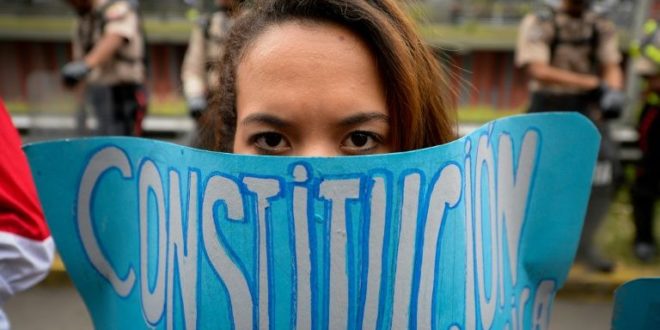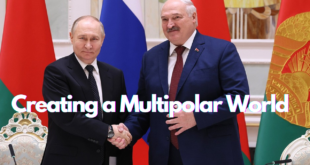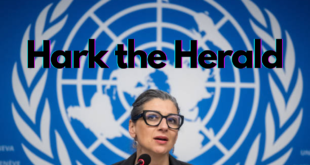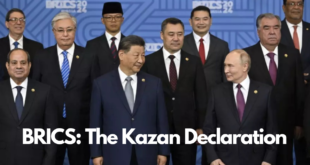Venezuela’s political crisis has steadily deepened with the opposition seeking a recall referendum against President Nicolas Maduro, leading to mass street protests on Thursday.
Here is a timeline of events over the past eight months in the major South American oil producer.
– Opposition majority –
– January 5, 2016: The opposition takes control of the National Assembly legislature from the socialist leadership for the first time in more than 16 years after winning elections.
It vows to drive Maduro from office and rescue Venezuela from economic chaos driven by plunging oil prices.
– January 15: Maduro decrees a 60-day state of “economic emergency.” It allows the government to seize assets of private companies to obtain essential food and goods.
– February 18: Maduro raises the extremely low price of gasoline from about $0.01 to $0.60 per liter. He devalues the Bolivar currency and raises the minimum wage.
– March 1: The top court passes a law to limit the assembly’s powers, stripping it of oversight of judicial, electoral and civil authorities.
– March 8: The opposition launches bid for a recall referendum. If it happens by January 10 and Maduro loses, new elections will be held. Otherwise, he can pass power to his vice-president.
– April 26: Maduro cuts the working week to just two days for several weeks.
– State of emergency –
 Weaponized News New World Order politics, economics and current events
Weaponized News New World Order politics, economics and current events







